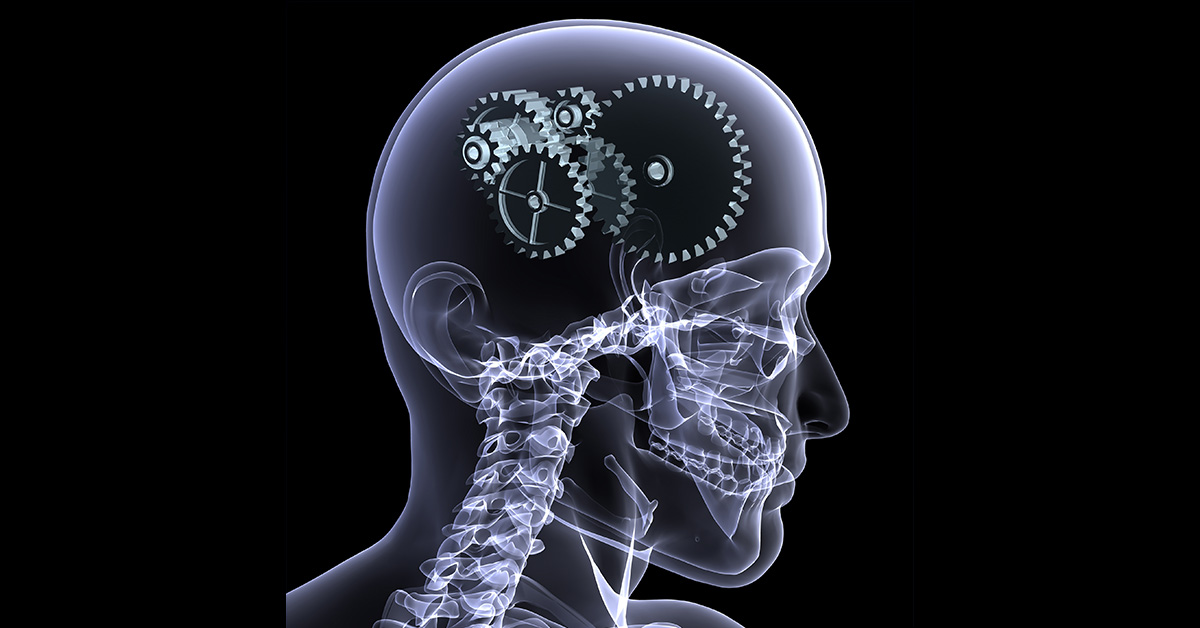
Our brain is responsible for controlling all the physiological processes within the body. Tiny electrical impulses are transmitted from the brain through an intricate network of nerve fibers all the way to the vital systems which then function adequately to keep us alive and healthy. The presence of certain neurological conditions that affect the activity of the brain and the way it functions can have a significant impact on a patient's quality of life and independence.
There are literally hundreds of different conditions that can affect the brain and related structures. In this section, we have included detailed and useful information about the commonly encountered neurological conditions in clinical practice which are of concern to the patient.
Clinical Assessment
Neurological conditions can present in a variety of different ways. Even patients who suffer from the same condition can have different symptoms and may experience it differently as well. In some cases, the symptoms can be mild while in some they can be rather serious and life-threatening.
Many times, patients are not aware of when to seek help from doctors. In a nutshell, it is important for patients to seek advice from a medical professional urgently if they develop any of the following:
- Seizures
- Weakness of the arms and legs
- The loss of consciousness
- Paralysis of any part of the body
- Sudden loss of vision
- Sudden onset of slurring speech or drooping of the mouth
Difficulty Breathing or Swallowing
The above are just some of the important symptoms that patients and their family members need to keep an eye out for. For example, a patient who is suffering from a stroke, a change in speech, weakness of one side of the face or body or even a reduction in the level of consciousness should seek out an immediate visit to the hospital.
Diagnosis of neurological conditions is often made through clinical history and examination. Many patients will require additional testing such as a CT scan or an MRI. Blood tests can help detect the level of hormones in the body which may be altered in certain neurological conditions. Once a clinical diagnosis has been made, patients may require aggressive treatment.
Treatment of Neurological Conditions
Treatment of neurological conditions varies from one condition to another. Some patients require a simple observation at home while some require hospitalization and provision of numerous treatments. Outcomes can vary from patient to patient and depend on the underlying condition.
Seeking Help
If you feel that you are suffering from a clinical condition that has been affecting your brain or neurological system, i.e., nerves, make sure you see a registered medical practitioner today.
